How Much Does It Cost To Build A House In Toronto?
The typical cost to build a home in Toronto falls between $300 and $450 per square foot, translating to roughly $750,000 to $1,125,000 for a standard 2,500 sq ft home. High-end custom builds can range from $500 to $1,055 per square foot—or $1,250,000 to over $2.6 million—depending on the level of luxury. Final pricing will vary based on numerous factors, including lot conditions, architectural complexity, and choice of materials.
Keep reading to understand the full cost associated with building a custom home in Toronto.
Cost Breakdown Of A Custom Built Home
Cost Of A Value Home
Building a value-oriented home at approximately $300 per square foot includes several essential components. For example, a 2,500 sq ft home would cost around $750,000, while a 3,000 sq ft build would be closer to $900,000—excluding the cost of land. This price range generally covers standard materials like vinyl siding, mid-grade flooring such as carpet or laminate, and basic kitchen and bathroom fixtures.
Site prep, including clearing and grading, is typically included, though more complex work may raise costs. The estimate also includes a standard concrete foundation, along with basic electrical and plumbing systems. Roofing is usually asphalt shingles, and insulation meets standard efficiency requirements. Interior finishes feature standard drywall, functional lighting, and entry-level appliances.
Cost Of A Premium Home
Constructing a premium home at an estimated $400 per square foot offers a balance of upgraded quality and reasonable cost. A 2,500 sq ft home would be approximately $1,000,000, while a 3,000 sq ft build would reach around $1,200,000. At this level, materials and finishes are notably improved—often including fiber cement or high-grade vinyl siding, hardwood or tile flooring, and enhanced fixtures in kitchens and bathrooms.
Cost Of A Luxury Home
Building a luxury home at an estimated cost of $500 to $1,055 per square foot offers unparalleled craftsmanship, bespoke design, and top-tier materials throughout. For a 2,500 sq ft residence, costs range from $1,250,000 to $2,637,500, while a 3,000 sq ft home could reach between $1,500,000 and $3,165,000. At this level, expect premium finishes such as natural stone or brick exteriors, imported tile or wide-plank hardwood flooring, and fully customized cabinetry topped with marble or granite countertops. High-end appliances—like a built-in Thermador fridge—and statement fixtures from brands like Buster + Punch are standard. Labor, often making up 50–60% of the total cost, reflects the precision and artistry involved in creating custom architectural elements. Foundations may include 10-foot basement walls and advanced features like hydronic heating for both basement slabs and driveways. Electrical and plumbing systems are cutting-edge, often integrated with smart home technology, luxury fittings, and energy-efficient infrastructure.
.jpg)
Factors Affecting The Cost Of A Custom Built Home in Toronto
Several factors influence the cost of building a custom home, and understanding these can help you budget effectively. Here are the key elements to consider:
Size and Design Complexity
The size of a custom home has a major impact on its total cost. Larger homes require more materials—like lumber, insulation, drywall, and finishes—and take longer to build, increasing both material and labor expenses. Each additional square foot adds to the overall complexity and cost of construction. Beyond size, design complexity also plays a significant role. Homes with intricate layouts, custom architecture, and detailed features—such as vaulted ceilings, curved staircases, specialty windows, or distinctive rooflines—require skilled labor and premium materials. These unique elements not only elevate the design but also raise the price due to the precision and craftsmanship involved.
Materials and Finishes
Material quality is a major factor in the overall cost of building a custom home. Choices for key components like flooring, countertops, and siding can significantly influence your budget. Premium materials—such as natural stone countertops, hardwood flooring, and brick exteriors—cost more than standard options like laminate or vinyl. Similarly, selecting eco-friendly or sustainable materials like bamboo flooring or recycled metal siding may come with a higher initial price but can yield long-term savings through improved durability and energy efficiency.
Finishes also play a critical role in determining final costs. High-end selections—like custom cabinetry, luxury appliances, and imported tile—enhance both aesthetics and functionality but add to the total expense. For instance, choosing hardwood or designer tile over basic carpet or laminate increases material and installation costs. Opting for built-in appliances and upscale lighting fixtures can further raise the price. While these upgrades add comfort and resale value, it’s important to strike a balance between design aspirations and your overall budget.
Labor and Contractor Fees
Location significantly impacts labor costs, which vary by region. In high-demand areas, such as urban centers, contractors charge more due to increased competition for skilled workers and higher living costs. In contrast, rural areas may have lower labor costs but fewer specialized contractors, which can affect quality and project timelines.
Experience and reputation of the builder also affect costs. Hiring experienced contractors or custom home specialists is more expensive, but it ensures higher-quality work, fewer errors, and better project management.
While less experienced builders may offer lower prices, they can lead to delays or costly mistakes, making it worthwhile to invest in reputable professionals for a smoother, more reliable build.Location plays a key role in determining labor costs, which can vary widely by region. In high-demand urban areas, labor tends to be more expensive due to higher living costs and greater competition for skilled trades. In contrast, rural regions may offer lower labor rates but often have limited access to specialized contractors, which can impact quality and extend project timelines.
The builder’s experience and reputation also influence the overall cost. Hiring seasoned professionals or custom home specialists typically comes at a premium, but it offers better workmanship, fewer errors, and more efficient project management. While less experienced builders may provide lower quotes, they can increase the risk of delays or costly rework—making a trusted, reputable builder a wise long-term investment.
Foundation and Structure
The type of foundation has a major impact on construction costs. Slab foundations are the most cost-effective, while more involved options—such as crawl spaces or full basements—require additional excavation, materials, and labor, making them more expensive. Although basements provide valuable extra space, they come with a higher upfront investment.
The structural materials used also influence pricing. While traditional wood framing is more budget-friendly, opting for premium materials like steel framing or brick exteriors increases costs. However, these upgrades offer enhanced durability, strength, and long-term value.
Customization and Features
Incorporating custom features—such as bespoke staircases, built-in shelving, or unconventional room layouts—can significantly raise the cost of a custom home. These elements demand specialized craftsmanship and extended build times, increasing both labor and material expenses.
Luxury amenities like home theaters, fitness rooms, pools, and expansive outdoor living areas also add considerable cost. These high-end additions require detailed planning, premium materials, and expert installation, but they greatly enhance the home’s comfort, functionality, and overall value.
What's The Most Expensive Part Of Building A House in Toronto?
Framing is often one of the most expensive stages of home construction, as it forms the structural backbone of the entire building. This process involves assembling the walls, floors, and roof—typically using wood or steel—to create the home’s skeleton. The high cost is driven by the large volume of materials required and the skilled labor necessary to ensure precise, safe construction.
How Long Does It Take To Build A House In Toronto?
Building a home in Toronto typically takes between 8 and 24 months, with the timeline largely influenced by the complexity of the design. Homes with straightforward layouts and minimal customization can often be completed in around 12 months. In contrast, custom builds featuring intricate floor plans, luxury finishes, or specialized materials may take 18 months or more. External factors—such as weather conditions, permit processing times, and labor availability—can also affect the schedule. Ultimately, the more detailed and personalized the project, the longer the construction process is likely to take.
What Permits Are Needed to Build A House In Toronto?
To build a house in Toronto, you’ll need several permits to ensure your project meets all local building codes and regulations. The most important is the Building Permit, which is required for any new construction, major renovation, structural changes, or additions. You’ll also likely need Plumbing and HVAC Permits if your plans include new or altered plumbing systems, heating, or ventilation. If your project involves tearing down an existing structure, a Demolition Permit is necessary before work can begin. In some cases, a Conditional Permit may be issued to allow limited construction to start while other approvals are still in process. Once the home is built and all inspections are passed, a Certificate of Occupancy is required before the home can be legally inhabited. These permits help ensure safety, compliance with zoning bylaws, and proper utility connections throughout the building process.
Takeaway
The average cost to build a home in Toronto typically ranges from $300 to $400 per square foot, which translates to approximately $900,000 to $1,200,000 for a standard-sized home. In contrast, luxury homes come at a premium, often costing two to three times more. These high-end builds generally fall between $500 and $1,055 per square foot, reflecting the use of top-tier materials, custom architectural features, and upscale amenities. Understanding these pricing tiers is crucial when budgeting for your build, as your choices in design and finishes will greatly influence the final cost.
Ready to bring your vision to life? Contact Toronto General Contractors today for a detailed, accurate quote tailored to your project—we’ll help you plan every step with confidence.

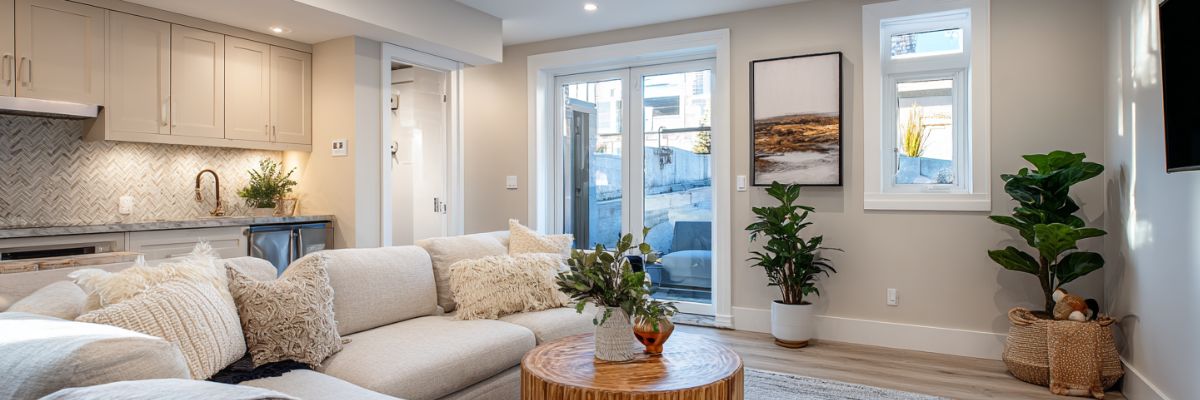

.jpg)
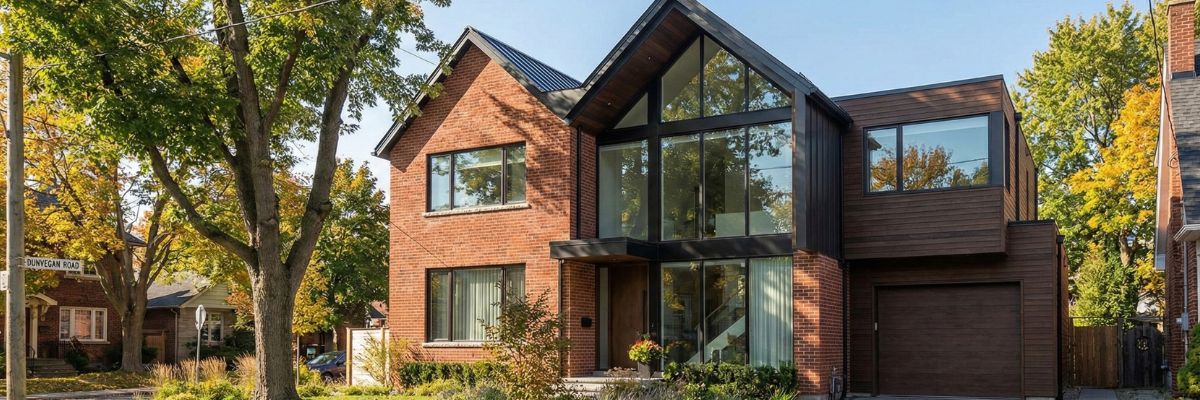
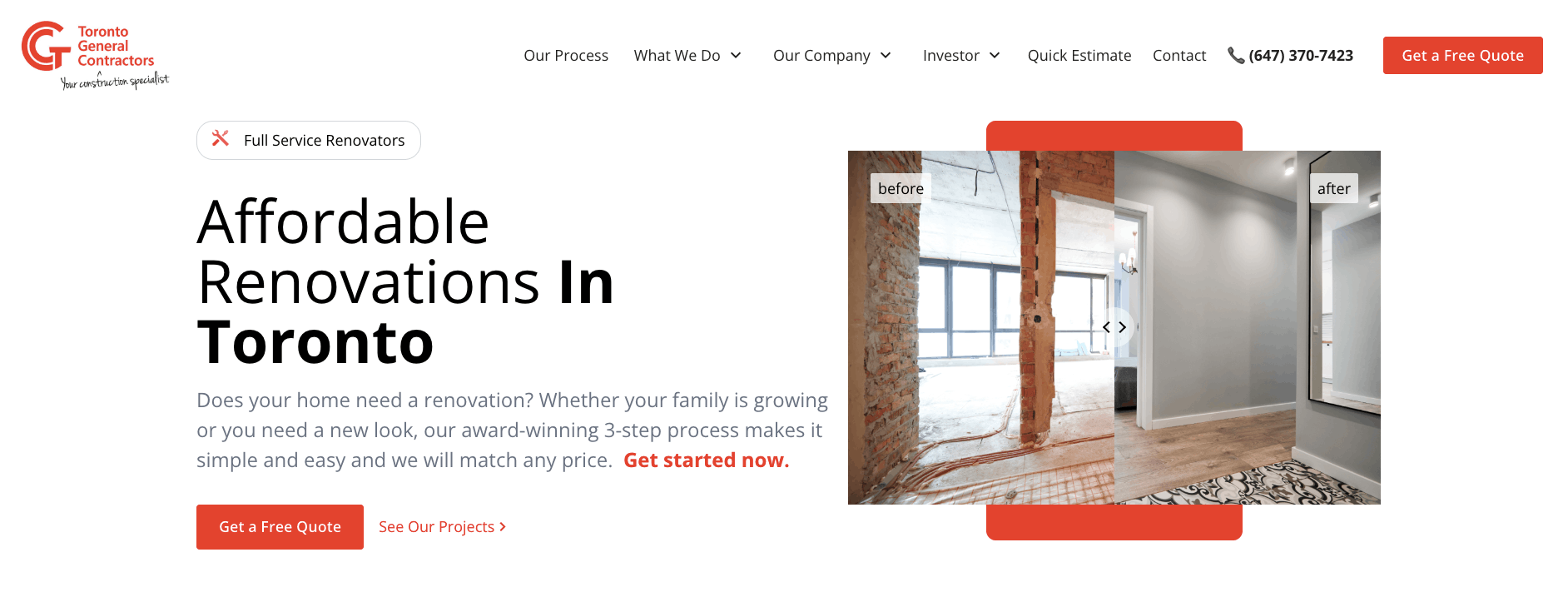
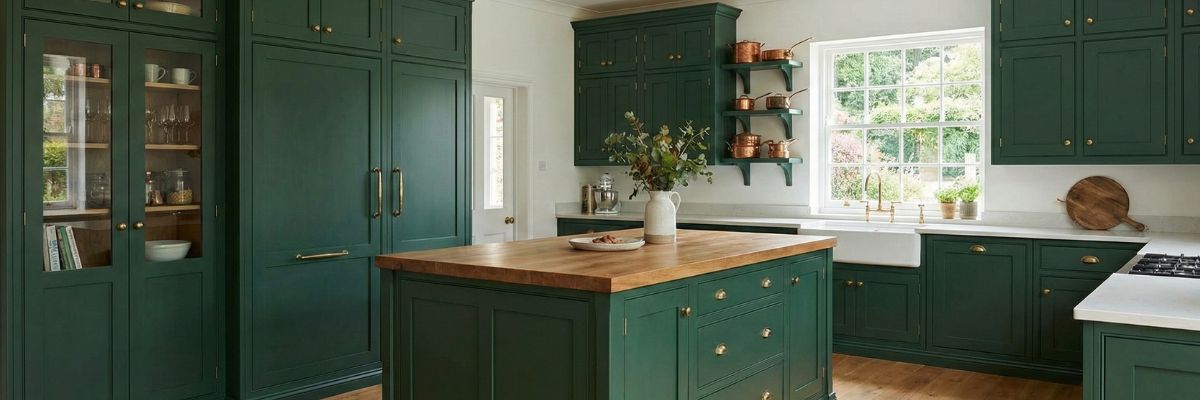
.jpg)
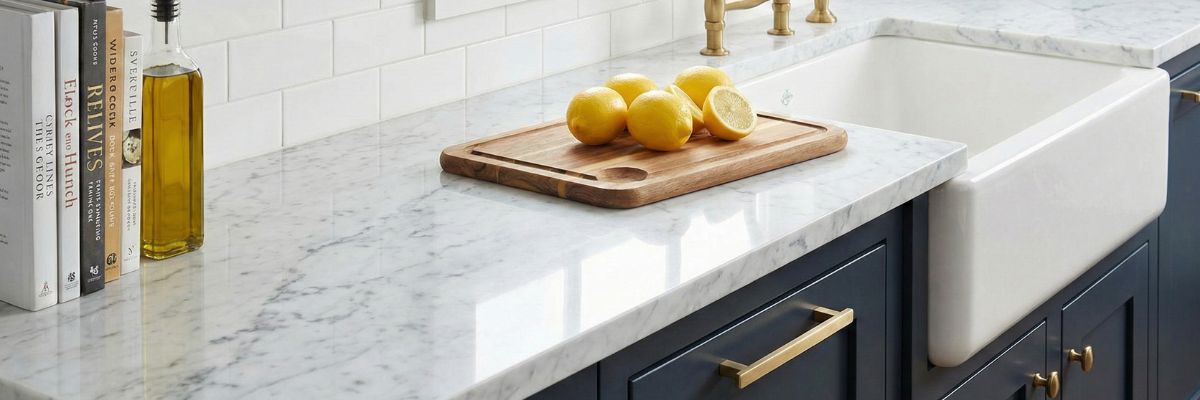
.jpg)
